Start Your Engines
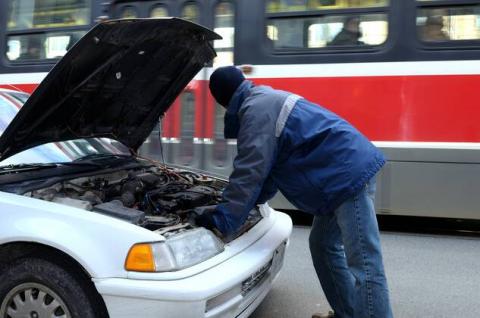
The beginning of racing season is the perfect time of the year to “start your engine”. Whether you are on the track or driving through town, it’s important to make sure your ignition system is working properly. Addressing problems that may lead to ignition system failure is essential for dependable vehicle operation, so you will not be left stranded at the starting lines or the parking lots.
Many systems on your car work together to keep you on the go, and the most important is the ignition system. Symptoms of ignition problems include dimming of headlights and interior lights, illuminated ‘Check Engine’ and/or battery lights and failure of accessories to operate.
Driving habits such as frequent engine on/off cycles cause more wear on the starter than a simple trip back and forth to work. Other factors, including driving and weather conditions, mileage, vehicle age and excessive electrical draws like in-vehicle entertainment systems, can impact the ignition system as well. Since the fuel injection system and car battery are linked to the ignition system, a problem can be difficult to diagnose because it may be caused by one of many factors, such as a dead car battery, faulty ignition switch, worn out spark plugs, bad fuel injectors, ignition coil problems, fuel pump failure or starter motor failure.
For more information please call Papillion Foreign Motors .

 Mon-Fri: 8am-5pm | Closed daily for lunch: 11:30am-12:30pm
Mon-Fri: 8am-5pm | Closed daily for lunch: 11:30am-12:30pm (402) 339-6460
(402) 339-6460 219 E 1st St, Papillion, NE 68046
219 E 1st St, Papillion, NE 68046

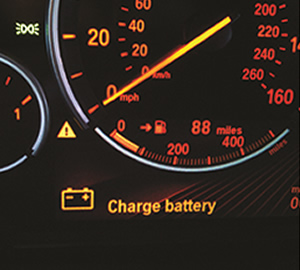 The purpose of the battery is to act as a storage location for voltage. All electrical items in the car, such as the headlights, computers, radio, A/C blower fan, cigarette lighters ... everything draws voltage from that storage tank.
The purpose of the battery is to act as a storage location for voltage. All electrical items in the car, such as the headlights, computers, radio, A/C blower fan, cigarette lighters ... everything draws voltage from that storage tank.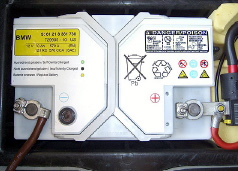 The battery is basically a 12-volt storage device made up of 6 2-volt cells. Most computer systems in your car require at least 10.5V at all time to perform correctly. If one of the six cells quits working, you've now gone from roughly 12V to 10V...not quit enough to power the car's electronics all at once.
The battery is basically a 12-volt storage device made up of 6 2-volt cells. Most computer systems in your car require at least 10.5V at all time to perform correctly. If one of the six cells quits working, you've now gone from roughly 12V to 10V...not quit enough to power the car's electronics all at once.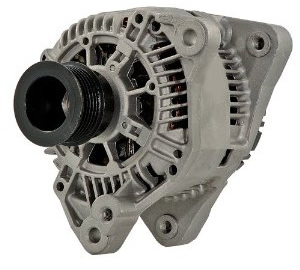 The purpose of the alternator is to generate electrical voltage with the engine running to keep the battery to the correct amount of voltage. It will usually charge the system at 13.5 - 14.5V to make sure there's plenty of electrical charge in the battery.
The purpose of the alternator is to generate electrical voltage with the engine running to keep the battery to the correct amount of voltage. It will usually charge the system at 13.5 - 14.5V to make sure there's plenty of electrical charge in the battery.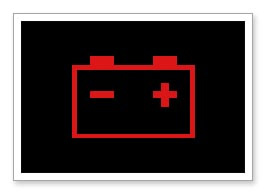 Often times, there's little or no warning on these cars before they just don't start the next time.
Often times, there's little or no warning on these cars before they just don't start the next time.